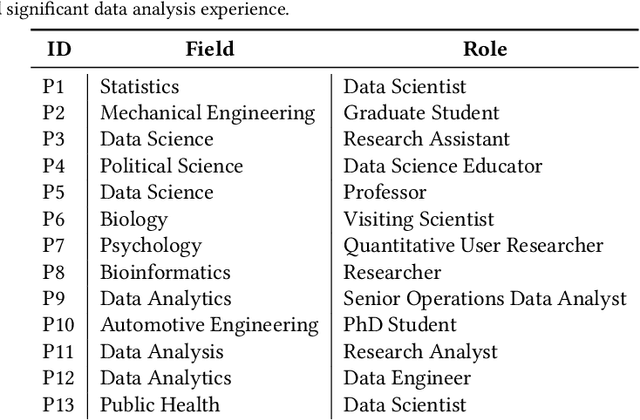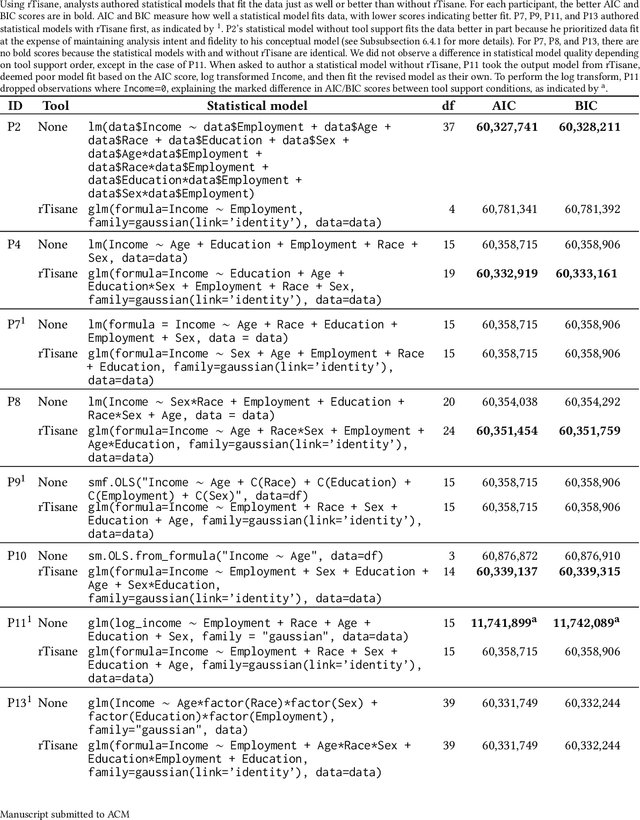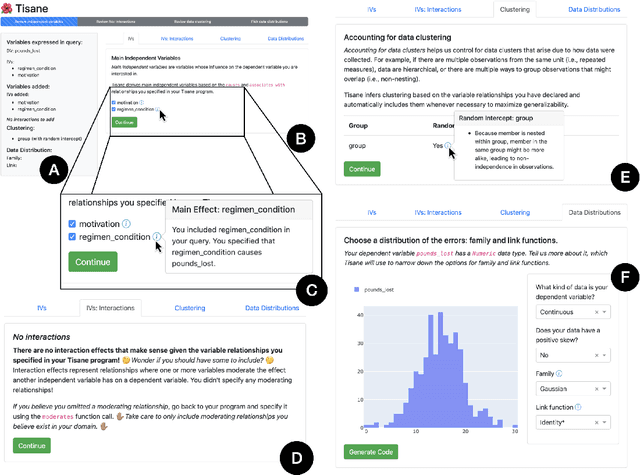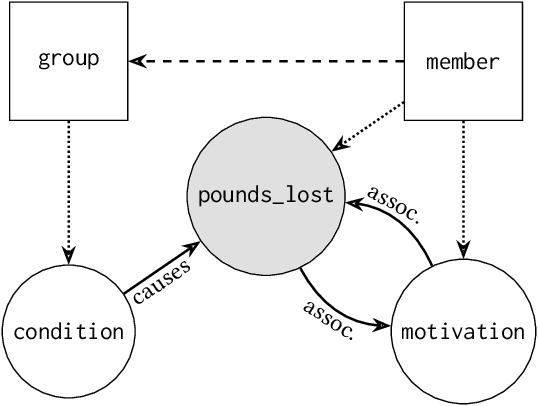Eunice Jun
Dreamcrafter: Immersive Editing of 3D Radiance Fields Through Flexible, Generative Inputs and Outputs
Dec 23, 2025



Abstract:Authoring 3D scenes is a central task for spatial computing applications. Competing visions for lowering existing barriers are (1) focus on immersive, direct manipulation of 3D content or (2) leverage AI techniques that capture real scenes (3D Radiance Fields such as, NeRFs, 3D Gaussian Splatting) and modify them at a higher level of abstraction, at the cost of high latency. We unify the complementary strengths of these approaches and investigate how to integrate generative AI advances into real-time, immersive 3D Radiance Field editing. We introduce Dreamcrafter, a VR-based 3D scene editing system that: (1) provides a modular architecture to integrate generative AI algorithms; (2) combines different levels of control for creating objects, including natural language and direct manipulation; and (3) introduces proxy representations that support interaction during high-latency operations. We contribute empirical findings on control preferences and discuss how generative AI interfaces beyond text input enhance creativity in scene editing and world building.
Flowco: Rethinking Data Analysis in the Age of LLMs
Apr 18, 2025Abstract:Conducting data analysis typically involves authoring code to transform, visualize, analyze, and interpret data. Large language models (LLMs) are now capable of generating such code for simple, routine analyses. LLMs promise to democratize data science by enabling those with limited programming expertise to conduct data analyses, including in scientific research, business, and policymaking. However, analysts in many real-world settings must often exercise fine-grained control over specific analysis steps, verify intermediate results explicitly, and iteratively refine their analytical approaches. Such tasks present barriers to building robust and reproducible analyses using LLMs alone or even in conjunction with existing authoring tools (e.g., computational notebooks). This paper introduces Flowco, a new mixed-initiative system to address these challenges. Flowco leverages a visual dataflow programming model and integrates LLMs into every phase of the authoring process. A user study suggests that Flowco supports analysts, particularly those with less programming experience, in quickly authoring, debugging, and refining data analyses.
rTisane: Externalizing conceptual models for data analysis increases engagement with domain knowledge and improves statistical model quality
Oct 25, 2023



Abstract:Statistical models should accurately reflect analysts' domain knowledge about variables and their relationships. While recent tools let analysts express these assumptions and use them to produce a resulting statistical model, it remains unclear what analysts want to express and how externalization impacts statistical model quality. This paper addresses these gaps. We first conduct an exploratory study of analysts using a domain-specific language (DSL) to express conceptual models. We observe a preference for detailing how variables relate and a desire to allow, and then later resolve, ambiguity in their conceptual models. We leverage these findings to develop rTisane, a DSL for expressing conceptual models augmented with an interactive disambiguation process. In a controlled evaluation, we find that rTisane's DSL helps analysts engage more deeply with and accurately externalize their assumptions. rTisane also leads to statistical models that match analysts' assumptions, maintain analysis intent, and better fit the data.
Tisane: Authoring Statistical Models via Formal Reasoning from Conceptual and Data Relationships
Jan 07, 2022



Abstract:Proper statistical modeling incorporates domain theory about how concepts relate and details of how data were measured. However, data analysts currently lack tool support for recording and reasoning about domain assumptions, data collection, and modeling choices in an integrated manner, leading to mistakes that can compromise scientific validity. For instance, generalized linear mixed-effects models (GLMMs) help answer complex research questions, but omitting random effects impairs the generalizability of results. To address this need, we present Tisane, a mixed-initiative system for authoring generalized linear models with and without mixed-effects. Tisane introduces a study design specification language for expressing and asking questions about relationships between variables. Tisane contributes an interactive compilation process that represents relationships in a graph, infers candidate statistical models, and asks follow-up questions to disambiguate user queries to construct a valid model. In case studies with three researchers, we find that Tisane helps them focus on their goals and assumptions while avoiding past mistakes.
 Add to Chrome
Add to Chrome Add to Firefox
Add to Firefox Add to Edge
Add to Edge